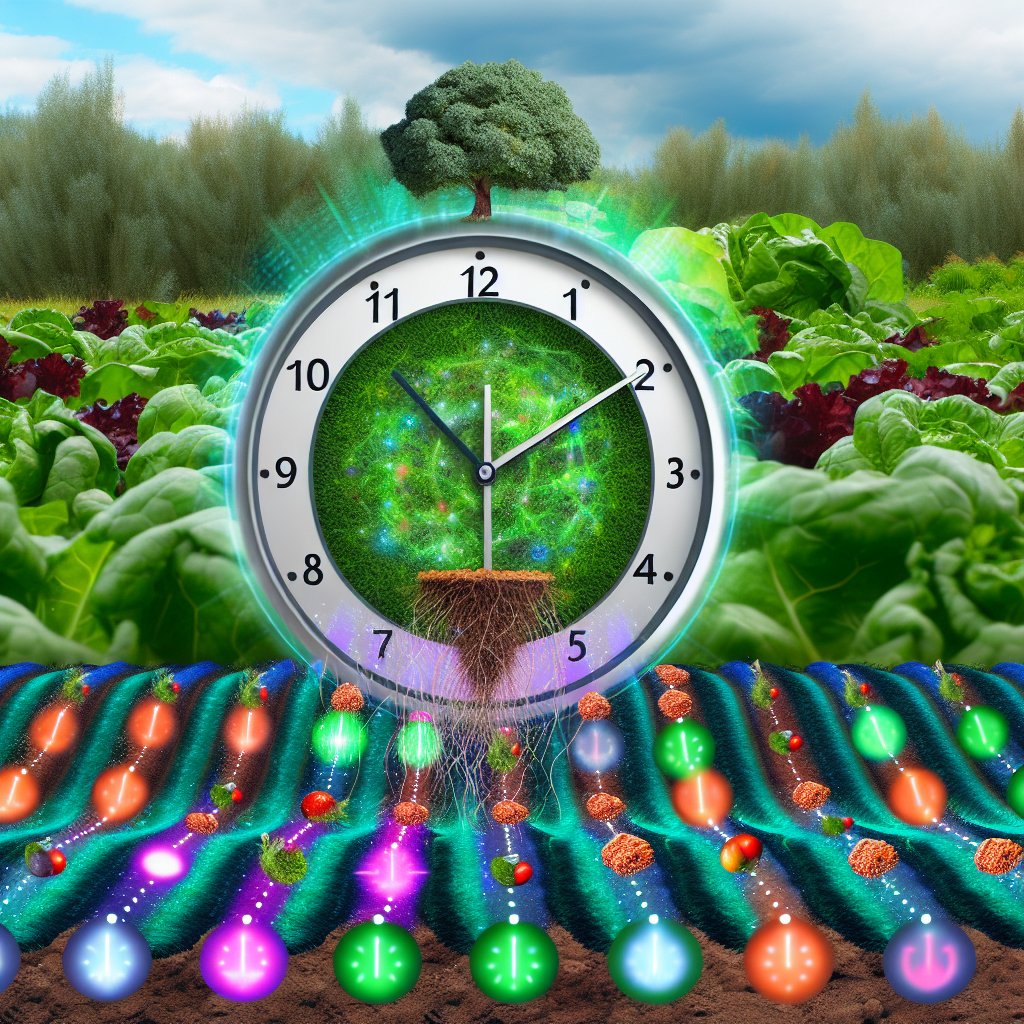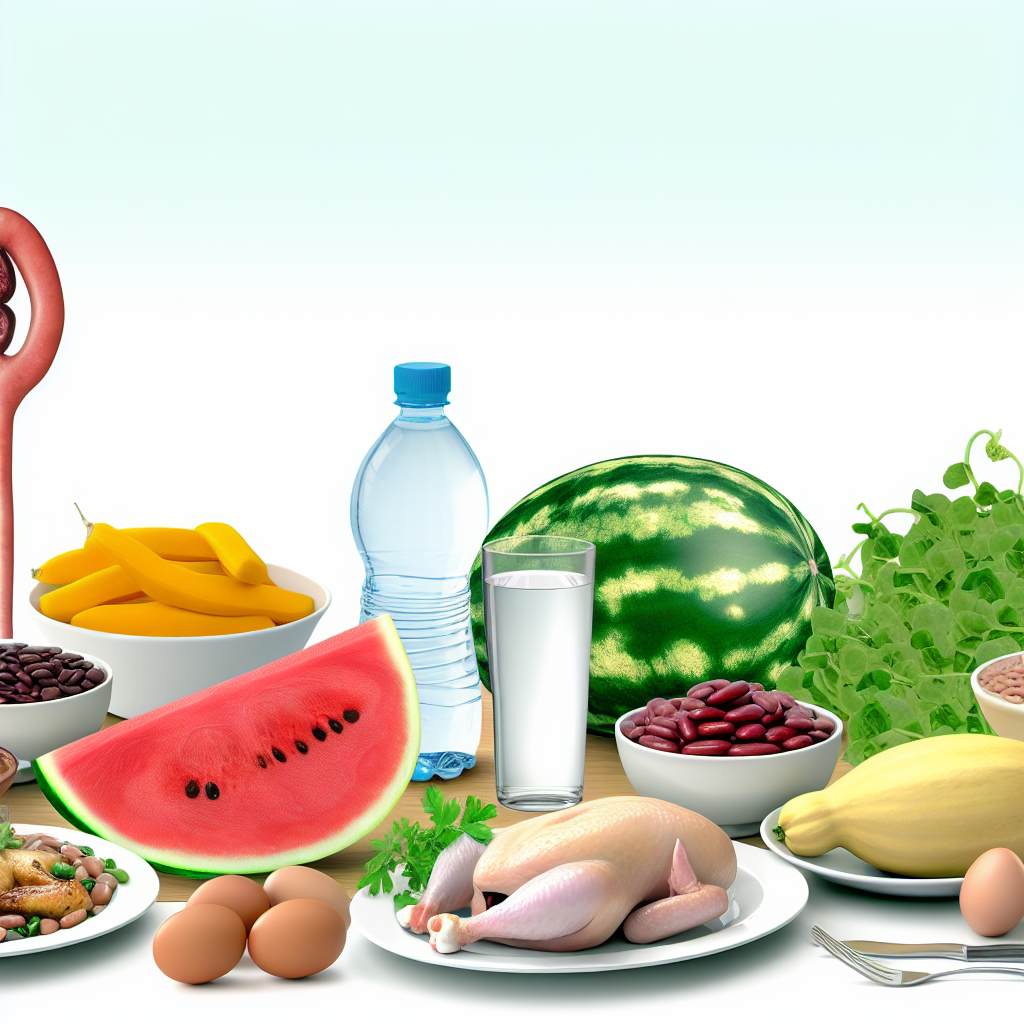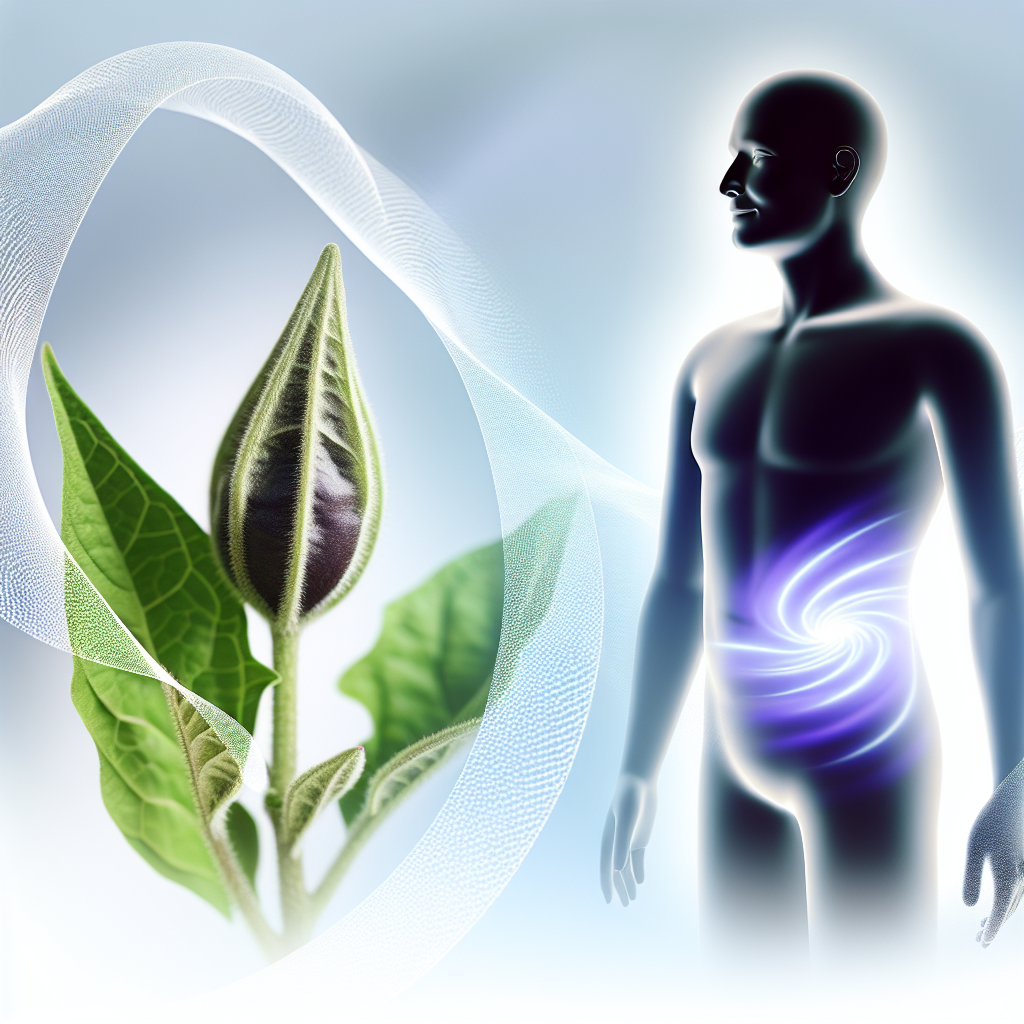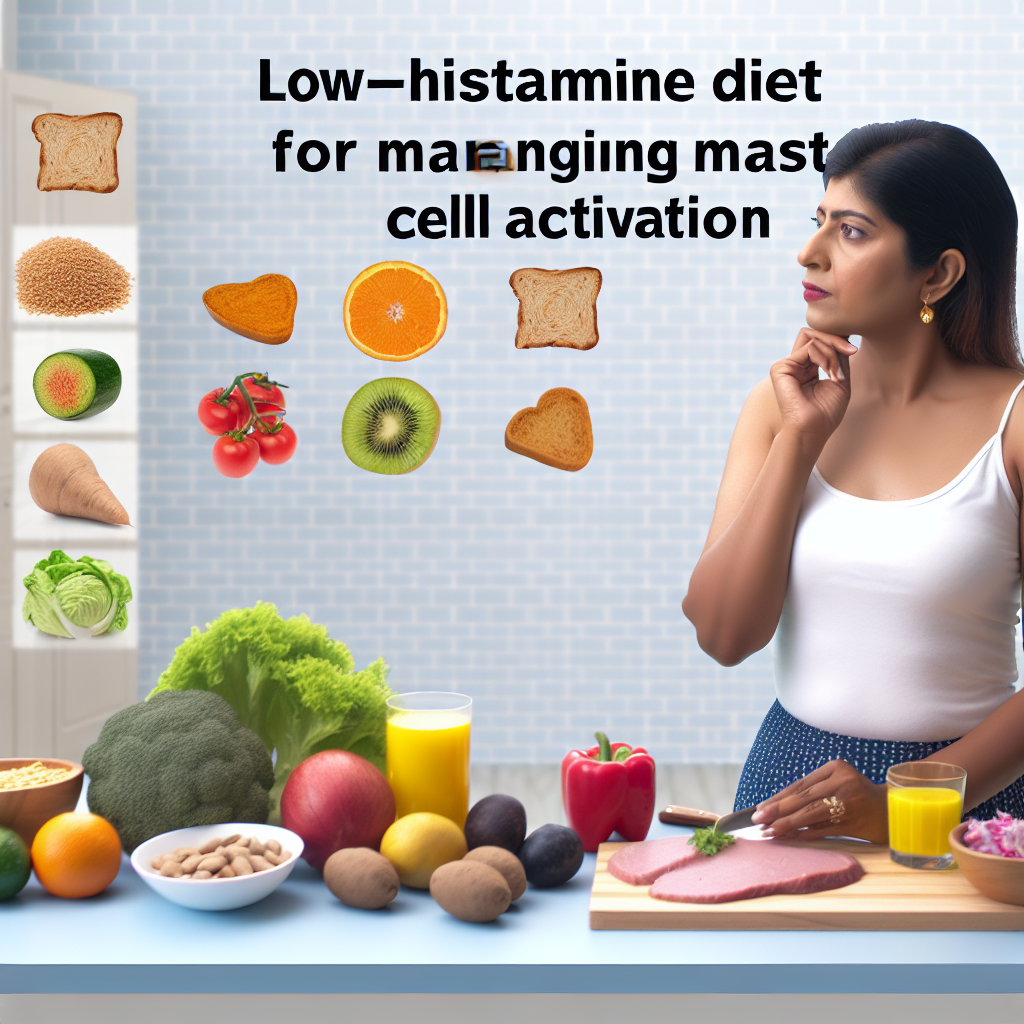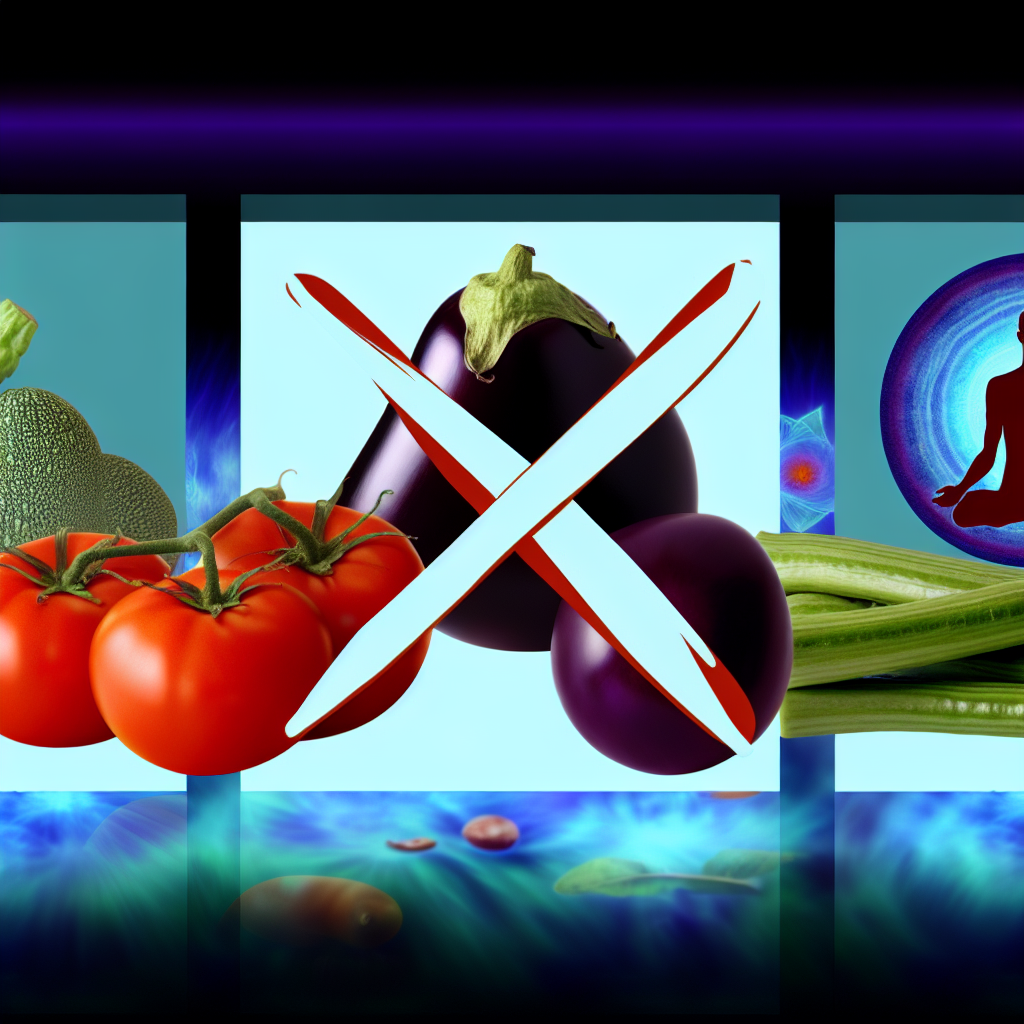Phytonutrient Timing: Optimizing Absorption Windows for Plant Medicine
Introduction: The Power of Phytonutrient Timing
The world of natural medicine and holistic wellness has seen a surge in research and interest surrounding phytonutrients—the powerful compounds found in plants that contribute to health and disease prevention. Phytonutrients, also known as phytochemicals, are micronutrients that provide anti-inflammatory, antioxidant, and immune-boosting benefits.
While many people focus on what they consume, fewer consider when they should consume these compounds to maximize absorption and efficacy. Just as athletes follow precise timing when consuming proteins and carbohydrates to fuel performance, those looking to optimize the benefits of plant medicine can apply strategic timing for phytonutrient intake. By understanding absorption windows and how the body processes these compounds, individuals can significantly enhance their effectiveness.
Certain phytonutrients, such as flavonoids, carotenoids, and polyphenols, require specific conditions for optimal absorption. Some thrive when consumed with fats, while others are best taken on an empty stomach. Additionally, some phytonutrients work synergistically, amplifying each other’s benefits, while others compete for absorption, necessitating strategic spacing throughout the day.
Another crucial component of phytonutrient timing is the body’s natural circadian rhythm, which influences metabolism, detoxification, and cellular repair. Research suggests that some phytonutrients—like polyphenols—are more effective in the morning, while magnesium-rich compounds and sleep-supporting herbs work best in the evening.
Additionally, gut health plays a pivotal role in phytonutrient absorption. A balanced microbiome helps process and enhance the bioavailability of plant nutrients. Consuming probiotic-rich foods can further improve how the body assimilates these compounds.
In this article, we’ll explore the science of phytonutrient timing, optimal consumption windows for specific plant compounds, and strategies to maximize absorption for enhanced health and wellness.
The Science Behind Phytonutrient Timing
Studies in nutritional science and holistic medicine have shed light on how timing affects phytonutrient bioavailability. Bioavailability refers to the proportion of a nutrient that is absorbed and utilized by the body.
Fat-Soluble vs. Water-Soluble Phytonutrients
Phytonutrients can be classified into two main absorption categories: fat-soluble and water-soluble.
Fat-soluble phytonutrients (like carotenoids: beta-carotene, lutein, and lycopene) require dietary fats for optimal absorption. Pairing them with healthy fats, such as avocado or olive oil, significantly enhances their uptake. A study found that consuming tomatoes with olive oil boosts lycopene absorption notably.
Water-soluble phytonutrients (such as flavonoids and polyphenols) are best absorbed in fasted conditions or with water-based foods like citrus fruits. These compounds absorb more readily when the digestive system is not burdened with fats or proteins.
Circadian Influence on Phytonutrient Absorption
The body’s circadian rhythm—its internal biological clock—governs various metabolic processes, including digestion and detoxification. Research suggests that timing phytonutrient intake to align with the body’s natural rhythms can enhance their effectiveness:
– Morning: Polyphenols and antioxidants are best taken in the morning when detoxification processes peak. Green tea catechins, for example, show improved absorption and activity when consumed early in the day.
– Evening: Magnesium-rich plant compounds, along with valerian root and chamomile, are most effective in the evening when they support relaxation and cellular repair.
The Role of the Gut Microbiome in Phytonutrient Absorption
The gut microbiome plays a crucial role in processing and absorbing phytonutrients. Certain bacteria help break down polyphenols, improving bioavailability. Studies suggest that maintaining gut health with probiotic-rich foods can enhance flavonoid absorption and overall plant-medicine efficacy.
Optimizing Absorption Windows for Specific Phytonutrients
To harness the full potential of plant-based medicine, it’s essential to consume phytonutrients at the right time for maximum absorption.
Best Phytonutrient Timing: A Daily Guide
Morning (Best for Detox & Antioxidants)
– Polyphenols (green tea, berries, turmeric) → Peak detoxification activity enhances absorption.
– Vitamin C-rich fruits (citrus, bell peppers) → Provides enhanced antioxidant protection.
– Flavonoids (quercetin, resveratrol) → Best absorbed in fasted or low-fat conditions.
Midday (Best for Fat-Soluble Nutrients)
– Carotenoids (carrots, leafy greens, tomatoes) → Should be consumed with healthy dietary fats for optimal absorption.
– Curcumin (turmeric) → Best paired with black pepper and healthy fats to enhance bioavailability.
Evening (Best for Relaxation & Repair)
– Magnesium-rich plants (spinach, pumpkin seeds) → Supports muscle recovery and relaxation.
– Valerian root & chamomile → Enhances sleep and nervous system balance.
Additional absorption boosters:
– Black pepper enhances curcumin bioavailability.
– Lemon increases iron absorption from plant-based sources.
– Probiotic-rich foods improve flavonoid metabolism.
Conclusion: Unlocking the Full Potential of Phytonutrient Timing
Phytonutrient timing is a game-changer in plant-based medicine. Just as athletes carefully time macronutrients to enhance performance, those using herbal remedies can maximize benefits by aligning their intake with optimal absorption windows.
By considering factors such as fat solubility, circadian rhythms, and gut health, individuals can significantly improve how well phytonutrients are absorbed and utilized.
– Morning is best for antioxidants and detoxification-supporting phytonutrients.
– Midday is optimal for fat-soluble compounds like carotenoids and curcumin.
– Evening supports relaxation and recovery with magnesium-rich phytonutrients and sleep-promoting herbs.
By implementing these timing strategies, individuals can supercharge their plant-based nutrition, experience greater health benefits, and fully unlock the healing potential of phytonutrients.
As research continues to evolve, optimizing when we consume plant-based nutrients remains an exciting and essential aspect of natural wellness!
Summary: Phytonutrient timing is a crucial factor in maximizing the benefits of plant-based medicine. By understanding the science behind fat-soluble and water-soluble phytonutrients, circadian rhythms, and gut health, individuals can strategically consume these compounds to enhance absorption and efficacy. This article explores optimal timing for specific phytonutrients, from morning antioxidants to evening relaxation-supporting herbs, helping readers unlock the full potential of plant-based nutrition.
References:
1. [Bioavailability of Non-Provitamin A Carotenoids](https://www.ncbi.nlm.nih.gov/pmc/articles/PMC2677766/)
2. [Impact of dietary oil type on carotenoid bioavailability](https://pubmed.ncbi.nlm.nih.gov/30261833/)
3. [Polyphenols: Food sources and bioavailability](https://academic.oup.com/ajcn/article/79/5/727/4690123)
4. [Circadian rhythm and metabolism](https://www.sciencedirect.com/science/article/pii/S1550413115002923)
5. [Catechin absorption and metabolism from green tea](https://pubmed.ncbi.nlm.nih.gov/23879122/)
6. [The effect of magnesium supplementation on primary insomnia in elderly patients](https://www.ncbi.nlm.nih.gov/pmc/articles/PMC3703169/)
7. [The gut microbiota as a key factor in the bioavailability and clinical effects of phytochemicals](https://academic.oup.com/ajcn/article/114/3/878/6327359)

Dominic E. is a passionate filmmaker navigating the exciting intersection of art and science. By day, he delves into the complexities of the human body as a full-time medical writer, meticulously translating intricate medical concepts into accessible and engaging narratives. By night, he explores the boundless realm of cinematic storytelling, crafting narratives that evoke emotion and challenge perspectives.
Film Student and Full-time Medical Writer for ContentVendor.com
